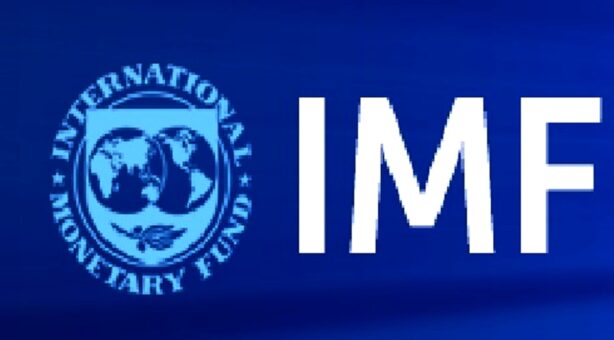Association of Pakistan Motorcycle Assemblers (APMA) has demanded the government of reducing General Sales Tax (GST) to 15% from existing 18% in the forthcoming budget 2023-24
(more…)Tag: GST
-

GST exemption on various goods may be withdrawn
Pakistan’s Federal Board of Revenue is likely to withdraw exemption and concession of general sales tax (GST) granted on many consumable items.
The consumption tax may be withdrawan on the supply of goods to generate an estimated revenue of Rs334 billion, news reports suggested.
The exemption of GST may be withdrawn on supplies of various local and imported goods. The exemption and concession of consumption tax may continue on basic food items.
The report suggested that Personal Income Tax (PIT), there are 11 slabs and one proposal under consideration is to bring down slabs to 6 or 7 where the minimum taxable ceiling of Rs0.6 million might be adjusted upward while the rate of higher-income brackets might be increased.
The hike in power tariff to the tune of Rs1.40 per unit might be notified after the agreement with the IMF.
Federal Minister for Finance Shaukat Tarin is expected to hold a meeting with the IMF’s Managing Director (MD) Kristalina Georgieva on October 15, 2021 in Washington, DC. However, things are still unclear whether Pakistan and the IMF will be able to strike a staff-level agreement or not. The review talks may be extended if both sides remained unable to strike any staff-level agreement on the completion of the sixth and seventh reviews under the $6 billion Extended Fund Facility (EFF).
Sources said that the IMF was advising stringent taxation measures but Pakistani authorities were making last-ditch efforts to convince the IMF for delaying taxation measures on account of withdrawal of sales tax exemptions and adjustment into Personal Income Tax till the announcement of the next budget 2022-23 or implementation of these steps in a staggered manner.
-

Pakistan assures IMF of strengthening taxation on real estate, agriculture income
KARACHI: Pakistan has assured International Monetary Fund (IMF) of removing distortion in taxation system and strengthening taxation on real estate and agriculture income.
The IMF on Monday issued country report on Pakistan after successful $6 billion loan program.
The report said that a large deficit would require aggressive revenue collection.
A multi-year effort will aim to revamp tax policy and tax administration. With less than 1.5 million taxpayers filing tax returns and tax compliance generally very low, tax policy and tax administration measures will center on broadening the tax base while maintaining a low tax rate, aiming to ensure progressivity of the tax system.
The country has agreed to increase additional 4 to 5 percent tax to the GDP by end of 3-year IMF program in order to bring Pakistan tax ratio in line with peer Emerging Markets.
Key measures include:
— Tax policy reforms
In the near term, measures include removing exemptions and preferential treatment to reduce distortions in the tax system and broaden the tax base.
These include the removal of General Sales Tax (GST) exemptions and preferential rates, except for basic food and medicines, a measure that will significantly improve revenues.
Greater inter-provincial harmonization and coordination of GST will also simplify filing procedures and increase compliance.
Overtime, the Pakistani authorities are committed to taking steps to transform the GST into a broad-based VAT and making the PIT fairer and more progressive by raising the upper-end of the PIT structure and consider eliminating Personal Income Tax (PIT) tax credits and deductions for the higher income brackets.
In addition, other tax policy measures include:
(i) further strengthening taxation on real estate and on agricultural turnover or income by provinces;
(ii) ensuring equivalent taxation of all sources of income; and
(iii) eliminating distortionary withholding taxes.
The report said that the tax administration reforms to bolster the authorities’ efforts to collect taxes.
“Implementation of a full, risk-based audit framework will be facilitated by the recent reversal4 of legal provisions limiting the use of tax audits and will be supported by an increase in legal penalties for noncompliance.
Moreover, licenses for the track-and-trace system for excises on cigarettes will be issued by end-September 2019 (structural benchmark), with a system roll out by end-March 2020.
The authorities are also considering options to make Pakistan’s tax administration less fragmented and more business friendly, including through the creation of a new semi-independent national tax authority to collect the main revenue sources.
Finally, the country has committed to not granting further tax amnesties (continuous structural benchmark).
